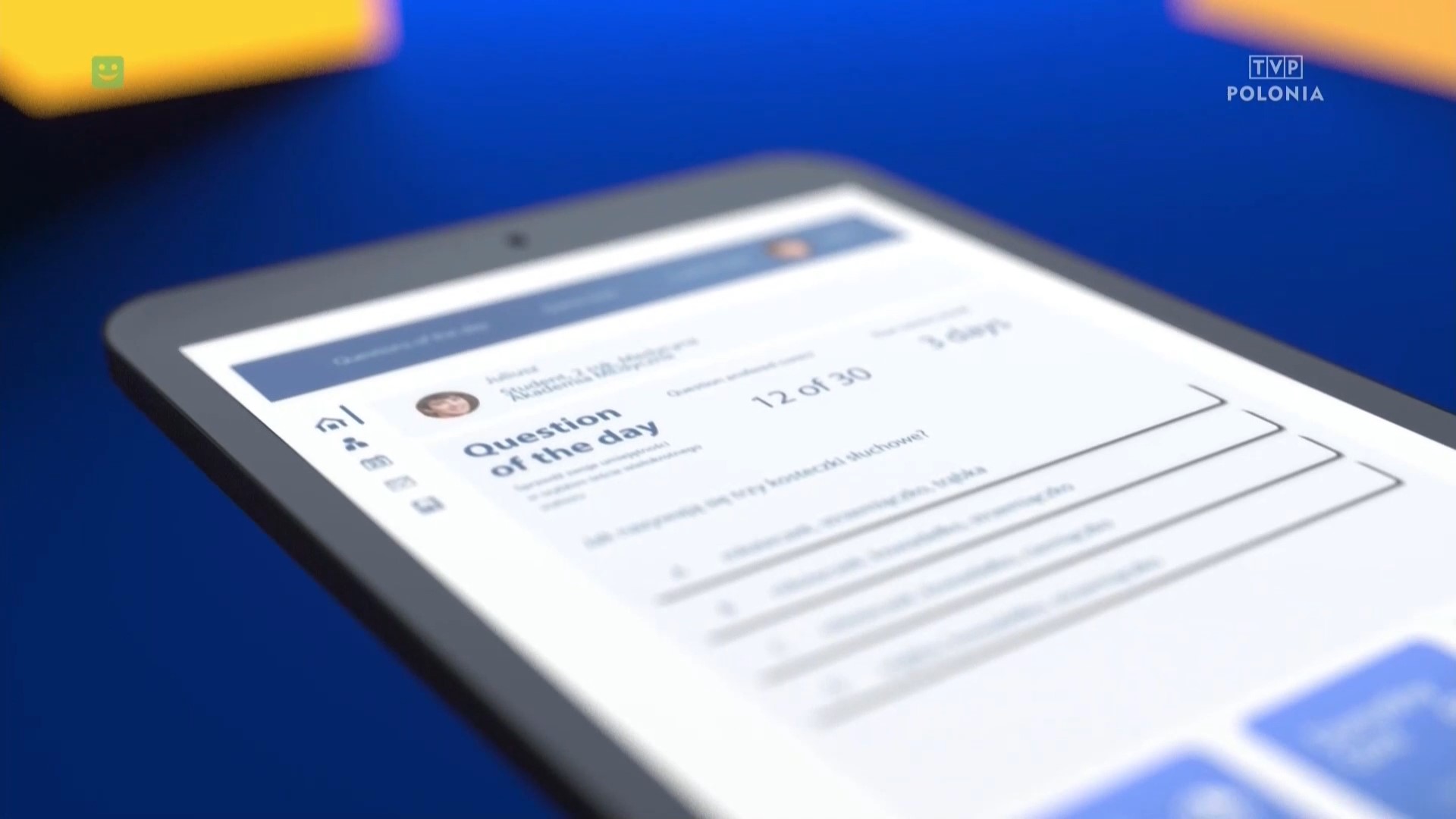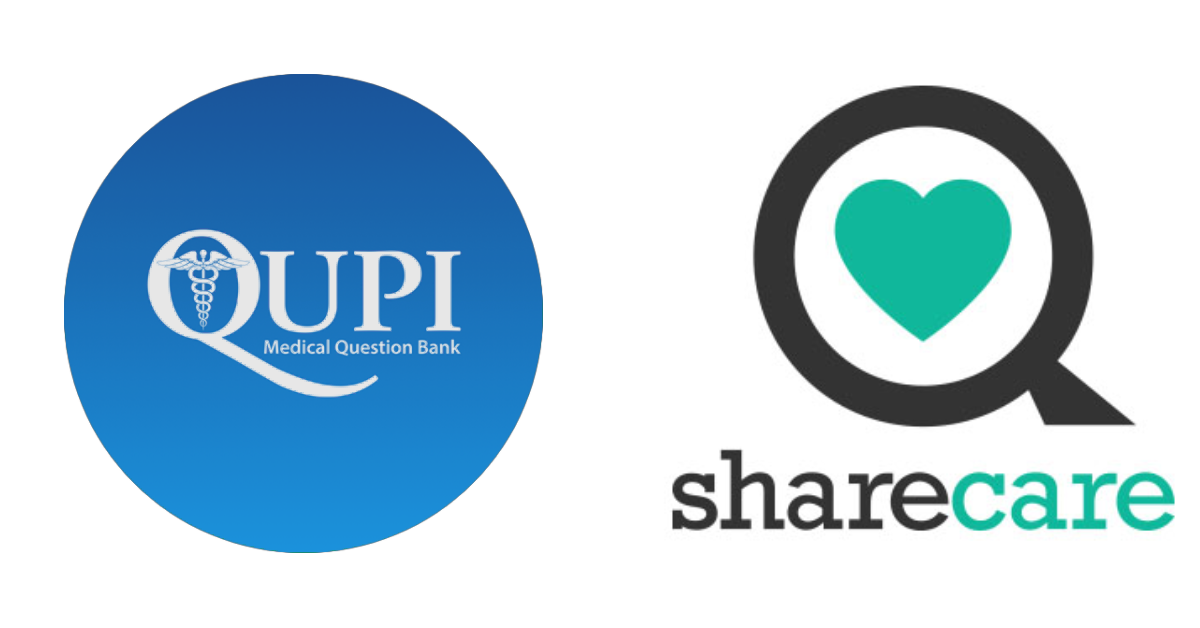In 2015, a user on the website Quora.com asked the question: How can I become a doctor online? The answers she received were simple: you can’t. A medical student named Shikha Sharma wrote the answer with the highest number of upvotes.
He begins: “Can you be a driver by reading “how to drive” articles and not touching a car? Can you learn to play a guitar without touching one?[…] Can you cook without entering the kitchen?”
The point made is clear. Being a doctor is a highly skilled, hands on profession. In order to become one, you therefore need hands on training. Learning by yourself in front of the computer screen just won’t cut it.
But is the concept of an online medical university really as far-fetched as it sounds? Afterall, there are plenty of other hands on professions which allow you to train online. If being a doctor is hands on, then nursing certainly is too, but the Open University offers several online nursing courses.
Medical Education Already Happens Online
The internet is already used to supplement mainstream medical education. With lectures from universities being streamed online and apps that help students study, it is an accepted argument that the internet can enhance and contribute to the learning process.
Medical lectures on YouTube – such as my own Future Doc House channel – make medical knowledge accessible for free, and frequently garner thousands of views.
Many established schools are also accepting the importance of information technology in helping students learn. Vanderbilt School of Medicine even completely redesigned their entire IT infrastructure to be inline with their new curriculum,
“We launched a redesigned, tightly integrated, and novel IT infrastructure to support a completely revamped curriculum at the Vanderbilt School of Medicine.”
Much Of Your Medical Training is About Memorization
A major portion of a doctor’s education, particularly in the earlier years, involves memorizing complicated facts and scientific processes.
This kind of training can certainly occur online. With some hands on aspects being incorporated into the training element, such as hospital and laboratory visits, it is not hard to imagine how an online medical university could actually look.
No, the real reason that there are no online medical schools is not because it is impossible to acquire the skills needed to be a doctor online. It’s a matter of regulation.
Becoming a Doctor is, Rightly, Highly Regulated
As any medical student will tell you, becoming a doctor is a convoluted process. In the USA, students need to first acquire a bachelor’s degree, then complete medical school, then complete a residency program, then participate in the three step United States Medical Licensing Examination (USMLE).
If you want to train and qualify as a doctor in the US, the above is the only way to do it. While most countries in Europe do not require students to first acquire a bachelor’s degree, meaning they can begin medical training right after high school, they too have a strict series of licensing tests and requirements, with no room for compromise.
It is of course good that medicine is a highly regulated field. When we or our loved ones are ill, we need to trust that the person caring for them has the skills to do a competent job. The difficulty of the qualification system gives us confidence. It is right that only those who can rigorously prove their competence should be licensed to practice.
But is the established system really the only way that it is possible to effectively and thoroughly train doctors?
The Established System is Inefficient and Expensive
While there are benefits to the established system, there are also critical flaws. It takes as much as 10 years to train a doctor in the US. Too few new doctors are entering the profession, and an aging population means that the US already faces a serious doctor shortage, with the problem only set to get worse if things do not change.
Another issue is student debt: medical student’s routinely graduate with $200,000 or more in loans that they may spend decades struggling to pay off. For students from lower income backgrounds, this is a terrifying financial burden that prevents many talented and hardworking people from entering the medical profession.
An online medical university, if properly set up, could make the process of training a doctor cheaper and more efficient. Online training is cheaper, with no need for campuses, and the replication of lectures and reproduction of digital material requiring less staff and administration.
The lower costs for the student and the convenience factor of being able to complete the majority of one’s training at home at one’s own schedule means the possibility of becoming a doctor will finally become open to those who are, for financial reasons, excluded from the current system.
How Could an Online Medical University Actually Happen?
In order for an online medical university to work, changes would have to be made of the existing qualification and licensing requirements. A system would have to be designed that would allow for practical, hands on elements of doctor training to be made available to students whose studies are primarily online, for example with visits to partner campuses, and occasional meetings with doctors and hospital tours.
The residency system would remain in place – this part of the training must of course be done in person at a real teaching hospital – but with students who studied online and those who studied in traditional campuses now working side by side.
American healthcare is in a state of crisis. The country faces a shortage of up to 35,600 primary care physicians by 2025. Wait times for doctors are as high as 52 days in cities like Boston. Entire states including Alabama, Arizona, Idaho, Illinois, Louisiana, Mississippi, Missouri, New Mexico, North Dakota, Oklahoma, South Carolina and Wyoming are designated as medically underserved. Healthcare costs are skyrocketing for individuals and employers. Things desperately need to change.
Things Desperately Need to Change
If the medical educational establishment paused for a moment and took seriously the idea of an online medical university, they could create a system that trains more doctors for less money, bringing massive benefits to the whole country.
Working with QUPI.com, I aim to expand their platform to create a comprehensive destination for medical learning. Hopefully this will begin the process that inspires other educational companies and institutions to explore new ways to push medical education forward.













